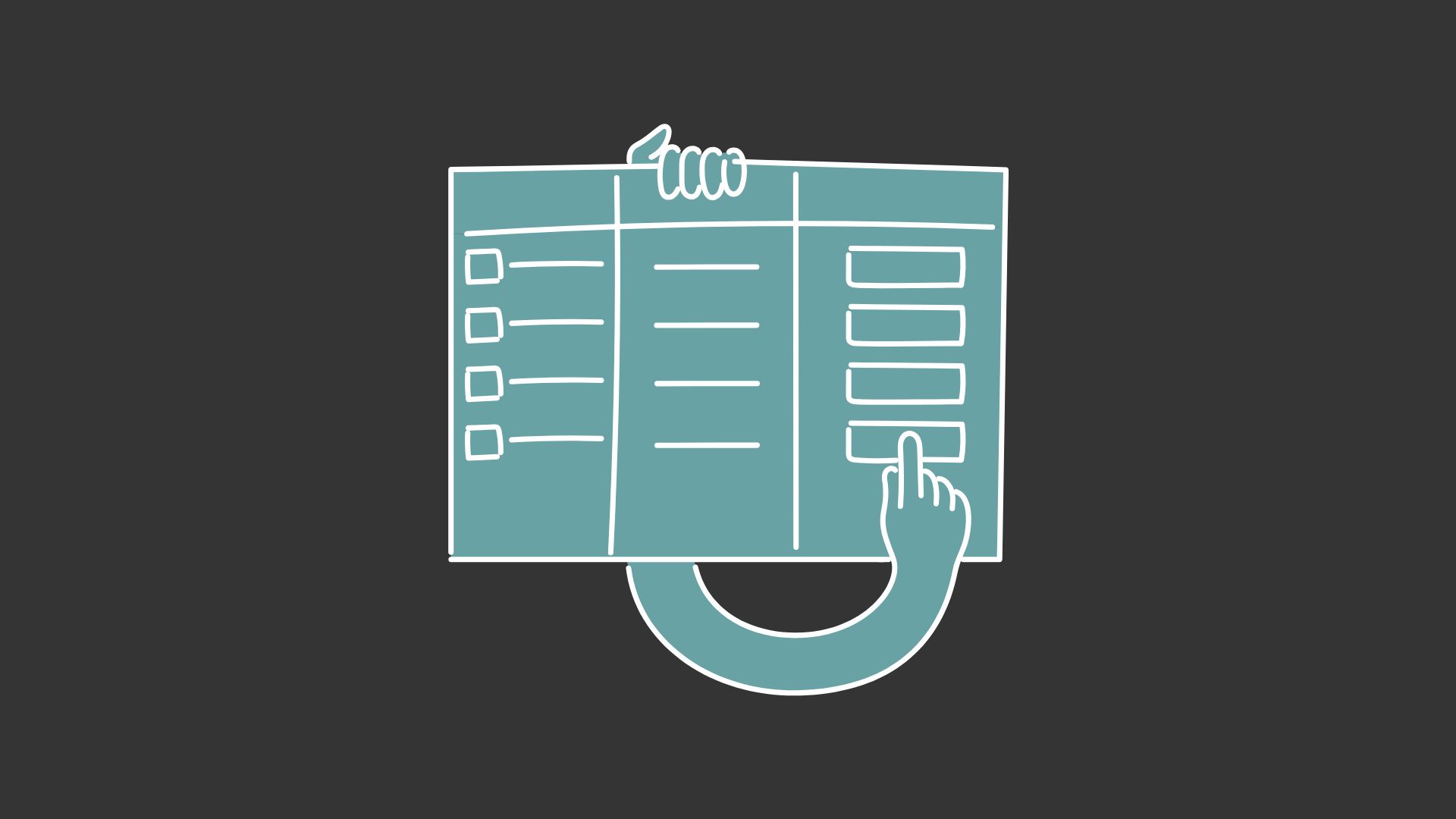Mastering punctuation and capitalization is essential for effective writing. These fundamental elements of grammar play a crucial role in conveying meaning, ensuring clarity, and maintaining professionalism in all forms of written communication.
Whether you’re a student crafting an essay, a professional composing a report, or a researcher preparing a manuscript, understanding and applying proper punctuation and capitalization rules can significantly enhance the quality and impact of your work.
This article explores the key rules, common mistakes, and practical tips for improving your punctuation and capitalization skills, helping you to communicate more effectively and achieve greater success in your academic and professional endeavors.
Table of Contents
Basic Punctuation Rules
Mastering basic punctuation is essential for clear and effective writing. Let’s explore the fundamental rules for six common punctuation marks:
Period (.)
The period is one of the most frequently used punctuation marks. Its primary functions are:
- Ending declarative sentences: “The sky is blue.”
- Marking abbreviations: “Dr.” for Doctor, “etc.” for et cetera.
- Separating elements in website addresses and email domains: www.example.com
Comma (,)
Commas serve multiple purposes in writing:
- Separating items in a list: “I bought apples, oranges, and bananas.”
- Joining independent clauses with a coordinating conjunction: “I love coffee, but I prefer tea in the evening.”
- Setting off introductory phrases: “After a long day, I like to relax with a good book.”
- Enclosing non-essential information: “My sister, who lives in New York, is visiting next week.”
Question mark (?)
Use a question mark:
- At the end of direct questions: “What time is it?”
- For rhetorical questions: “Who wouldn’t want to succeed?”
- To express doubt: “He claims to be 25 years old (?).”
Exclamation point (!)
The exclamation point conveys strong emotion or emphasis:
- For exclamations: “What a beautiful day!”
- To express surprise or excitement: “Congratulations on your promotion!”
- In interjections: “Wow! That’s amazing!”
Use exclamation points sparingly in formal writing to maintain a professional tone.
Semicolon (;)
Semicolons have two main uses:
- Joining related independent clauses: “I love summer; it’s my favorite season.”
- Separating items in a complex list: “The conference has attendees from New York, New York; Los Angeles, California; and Chicago, Illinois.”
Colon (:)
Colons serve several functions:
- Introducing a list: “I need three things: milk, bread, and eggs.”
- Separating hours and minutes in time: “The meeting starts at 2:30 PM.”
- Introducing a quotation or explanation: “Remember this: always proofread your work.”
- Separating titles and subtitles: “Grammar Rules: A Comprehensive Guide”
Understanding these basic punctuation rules will significantly improve your writing clarity and professionalism. Remember, punctuation marks are tools to help your readers understand your intended meaning, so use them thoughtfully and consistently.
Advanced Punctuation Rules
As you become more proficient in writing, mastering advanced punctuation rules will elevate your work to a higher level of sophistication and precision. Let’s explore these more complex punctuation marks:
Quotation marks (” “)
Quotation marks serve several purposes:
- Enclosing direct speech: “I’m going to the store,” she said.
- Indicating titles of short works: We read the short story “The Lottery” in class.
- Highlighting words used in a special sense: The “experts” clearly didn’t know what they were talking about.
Remember that in American English, periods and commas always go inside the quotation marks, while other punctuation marks depend on context.
Apostrophe (‘)
Apostrophes have two main functions:
- Showing possession: Sarah’s book, the children’s toys
- Indicating omissions in contractions: don’t (do not), it’s (it is)
Be careful not to use apostrophes for plural nouns or possessive pronouns (its, hers, theirs).
Hyphen (-)
Hyphens connect words and parts of words:
- In compound adjectives before nouns: well-known author, up-to-date information
- With certain prefixes: ex-wife, self-esteem
- In numbers twenty-one through ninety-nine
Em dash (—)
The em dash is a versatile punctuation mark used for:
- Emphasizing a phrase: The concert—long-awaited by fans—was finally happening.
- Indicating an abrupt change in thought: I was going to the store—wait, did I lock the door?
- Replacing parentheses for a more emphatic effect: My favorite foods—pizza, sushi, and tacos—are all available nearby.
Parentheses ( )
Parentheses enclose additional information:
- Supplementary details: The meeting (scheduled for 3 PM) will cover the new project.
- Acronyms or abbreviations: The National Aeronautics and Space Administration (NASA) launched a new satellite.
- Citations in academic writing: According to recent studies (Smith, 2023), climate change is accelerating.
F. Brackets [ ]
Brackets have specific uses, particularly in academic and professional writing:
- Inserting clarifications within quotes: “They [the researchers] concluded that the experiment was a success.”
- Indicating changes in capitalization or tense in quotes: “[S]he said the project would be completed on time.”
- Enclosing parenthetical material within parentheses: (The results were significant [p < .05] across all groups.)
Mastering these advanced punctuation rules will give you greater control over your writing, allowing you to convey nuanced meanings and structure your text more effectively. Remember that while these rules provide guidance, there’s often room for stylistic choices. The key is to use punctuation consistently and in a way that enhances clarity for your readers.
Capitalization Rules
Proper capitalization is crucial for maintaining clarity and professionalism in your writing. Let’s explore the key rules for capitalization:
Beginning of sentences
Always capitalize the first word of a sentence. This rule applies even after colons if what follows is a complete sentence.
Example: “The concert was amazing. Everyone enjoyed it.”
Proper nouns
Capitalize specific names of people, places, organizations, and brands.
Examples:
- People: William Shakespeare, Marie Curie
- Places: New York City, Mount Everest
- Organizations: United Nations, Google
- Brands: Nike, Coca-Cola
Remember that common nouns are not capitalized unless they’re part of a proper name.
Example: “We visited several museums in Paris, including the Louvre Museum.”
Titles (of people, works, etc.)
Capitalize formal titles when they precede a name, but not when used generally.
Examples:
- “President Lincoln gave the Gettysburg Address.”
- “The president will address the nation tonight.”
For titles of works (books, movies, articles, etc.), capitalize the first and last words, and all principal words. Articles (a, an, the), coordinating conjunctions, and prepositions under five letters are typically not capitalized unless they’re the first or last word.
Example: “The Catcher in the Rye” by J.D. Salinger
First word in quotations
Capitalize the first word of a direct quote if it’s a complete sentence.
Example: She said, “The meeting will start at noon.”
However, if the quote is a fragment integrated into your sentence, don’t capitalize it.
Example: She described the painting as “a masterpiece of modern art.”
Days, months, and holidays
Capitalize the names of days, months, and specific holidays.
Examples:
- Days: Monday, Tuesday
- Months: January, February
- Holidays: Christmas, Thanksgiving, Diwali
Note that seasons (spring, summer, fall, winter) are not capitalized unless they’re part of a proper name.
Languages and nationalities
Capitalize languages, nationalities, and ethnic groups.
Examples:
- Languages: English, Spanish, Mandarin
- Nationalities: American, British, Japanese
- Ethnic groups: Latino, Asian, African American
Remember that while the names of languages and nationalities are capitalized, the words “language” and “nationality” themselves are not.
Example: “She speaks fluent French and is learning the German language.”
Mastering these capitalization rules will enhance the clarity and professionalism of your writing. While there can be some variations in style guides, these general rules apply in most contexts. Always be consistent in your application of capitalization rules throughout your document.
Common Punctuation and Capitalization Mistakes
Even experienced writers can stumble when it comes to punctuation and capitalization. Being aware of common mistakes can help you avoid them in your own writing. Let’s explore some of the most frequent errors:
Overuse of commas
Commas are essential for clarity, but overusing them can make your writing choppy and difficult to read. Common mistakes include:
1. Using a comma between subject and verb:
Incorrect: “The dog, barked loudly.”
Correct: “The dog barked loudly.”
2. Placing commas before conjunctions in short compound sentences:
Incorrect: “She likes coffee, and he prefers tea.”
Correct: “She likes coffee and he prefers tea.”
3. Using commas to separate independent clauses without a conjunction:
Incorrect: “It’s raining, we should stay inside.”
Correct: “It’s raining. We should stay inside.” (Or use a semicolon or conjunction)
Remember, when in doubt, read your sentence aloud. If you don’t naturally pause, you probably don’t need a comma.
Misuse of semicolons
Semicolons are often misunderstood and misused. Common errors include:
1. Using a semicolon instead of a colon to introduce a list:
Incorrect: “I need three things for the trip; sunscreen, a hat, and water.”
Correct: “I need three things for the trip: sunscreen, a hat, and water.”
2. Using a semicolon with a conjunction:
Incorrect: “I love summer; but I hate the heat.”
Correct: “I love summer, but I hate the heat.” (Or remove the conjunction: “I love summer; I hate the heat.”)
3. Using a semicolon to connect unrelated independent clauses:
Incorrect: “John likes pizza; Mary has a cat.”
Correct: Use a period to separate these unrelated thoughts.
Incorrect apostrophe placement
Apostrophe errors are widespread. Here are some common mistakes:
1. Using apostrophes for plurals:
Incorrect: “I bought two apple’s.”
Correct: “I bought two apples.”
2. Misplacing the apostrophe in possessives:
Incorrect: “The dogs’ bowl” (when referring to one dog)
Correct: “The dog’s bowl”
3. Confusing “its” (possessive) with “it’s” (contraction of “it is”):
Incorrect: “The cat licked it’s paws.”
Correct: “The cat licked its paws.”
Unnecessary capitalization
Overcapitalization can make your writing appear amateurish. Common errors include:
1. Capitalizing common nouns:
Incorrect: “The Doctor prescribed medication.”
Correct: “The doctor prescribed medication.”
2. Capitalizing seasons:
Incorrect: “I love the colors of Fall.”
Correct: “I love the colors of fall.”
3. Capitalizing directions when not part of a proper name:
Incorrect: “We’re traveling North for the holiday.”
Correct: “We’re traveling north for the holiday.”
(But: “We’re visiting North Dakota.”)
4. Capitalizing job titles when not used with a name:
Incorrect: “She works as a Professor at the university.”
Correct: “She works as a professor at the university.”
(But: “She works with Professor Smith at the university.”)
By being aware of these common mistakes, you can improve your writing significantly. Remember, the goal of punctuation and capitalization is to enhance clarity and readability. When in doubt, consult a style guide or ask a colleague to review your work. Practice and attention to detail will help you master these rules over time.







